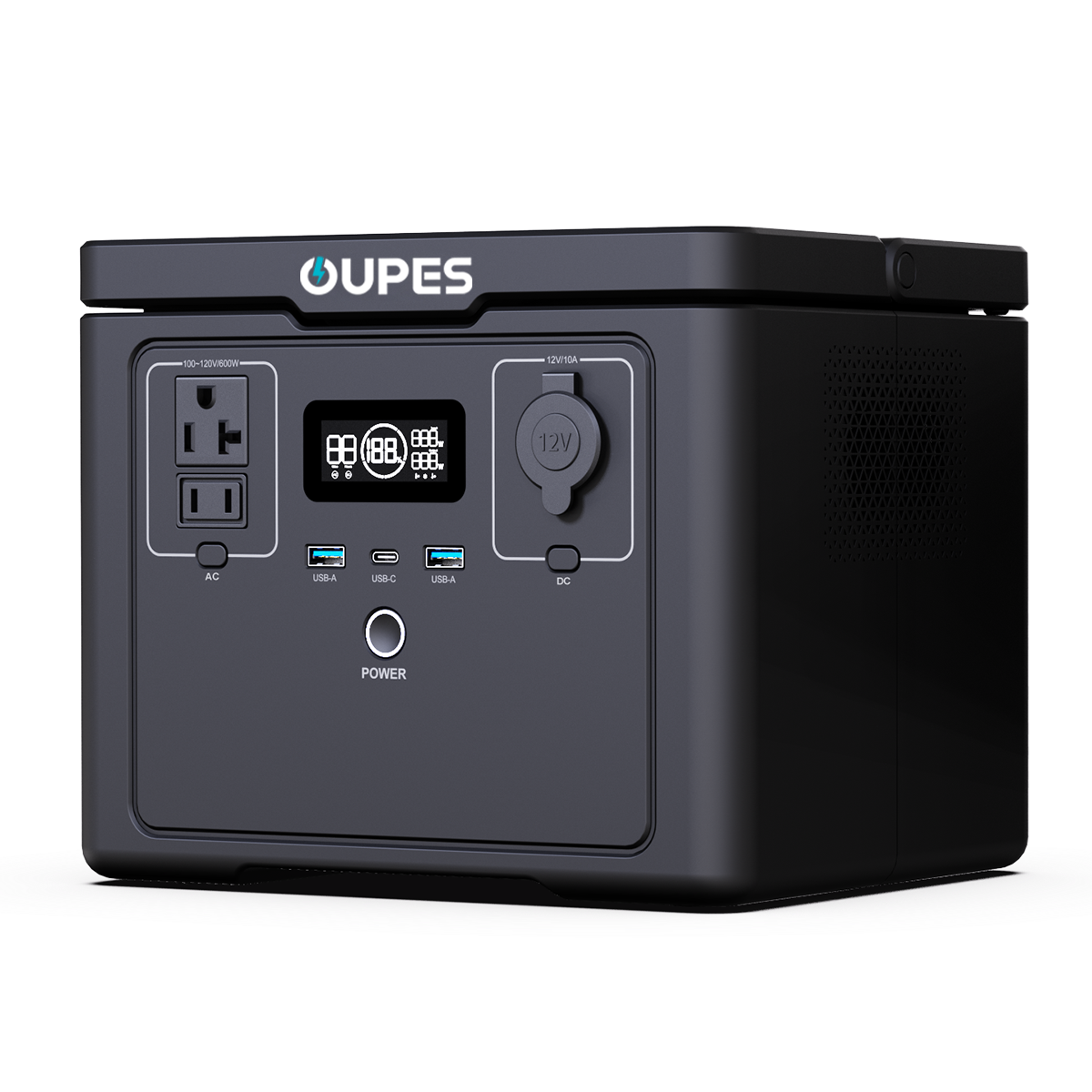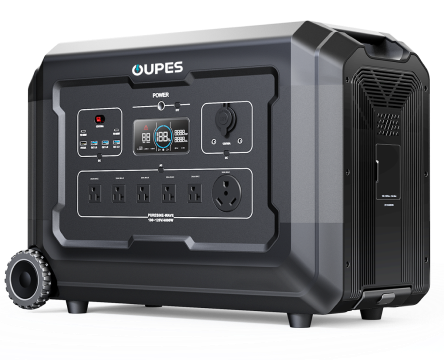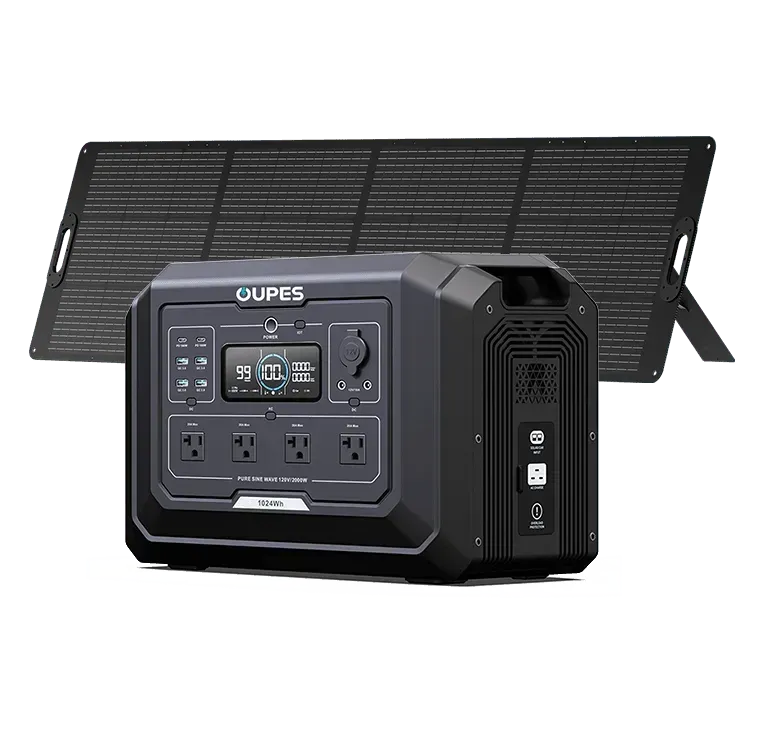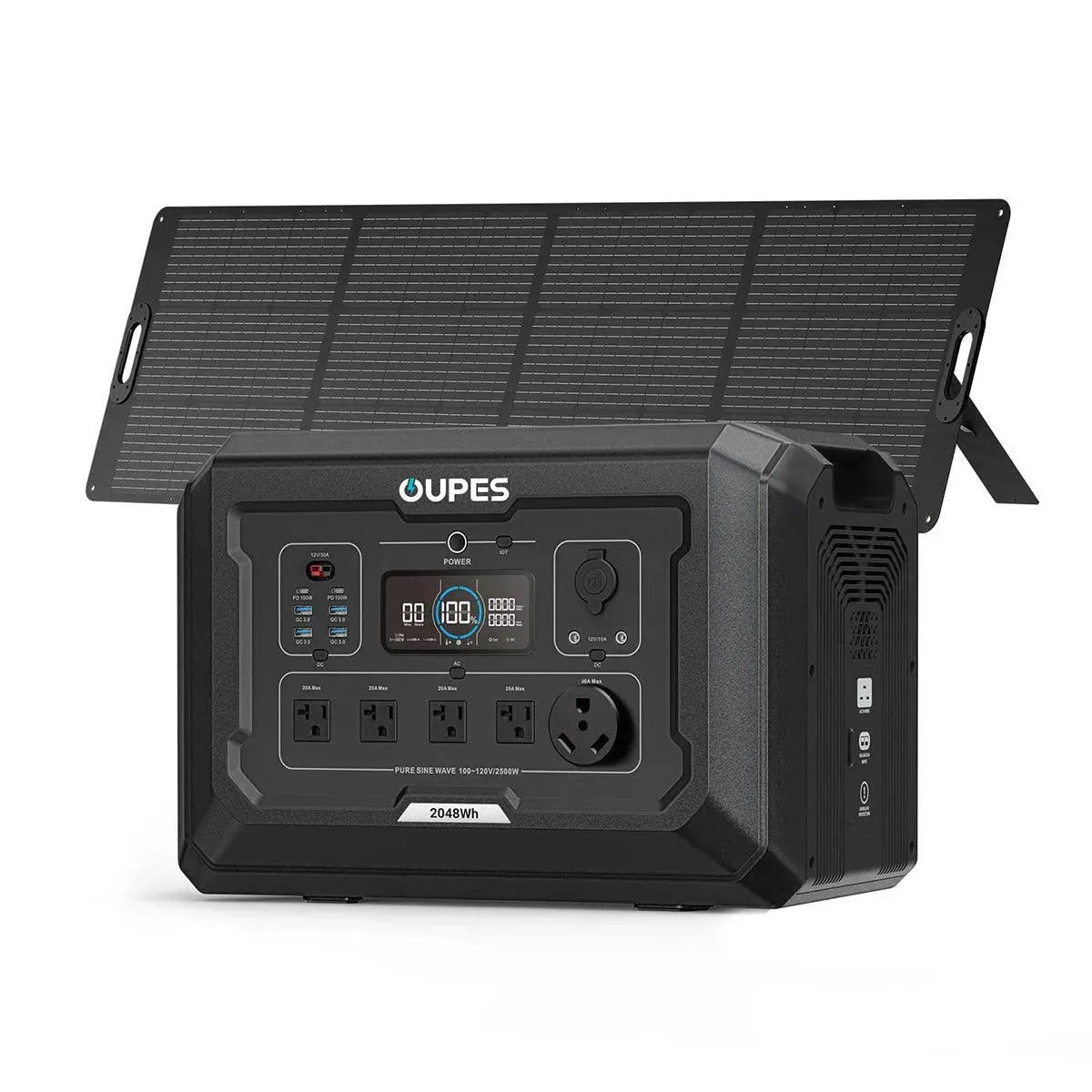
As portable technology continues to advance, demand for portable power stations has surged. Whether you’re an outdoor adventurer, someone preparing for emergencies, or simply a person who values independence from the grid, these devices are becoming essential. But with so many options on the market, should you really invest in one? This article breaks down the benefits, drawbacks, and key considerations to help you decide.
What Are Portable Power Stations?
Portable power stations—sometimes called battery stations—are compact devices that store energy in rechargeable batteries. Unlike traditional fuel generators, they run silently and without emissions. They are designed to power or charge everything from smartphones and laptops to cameras, drones, and even small appliances like mini-fridges.
Depending on the model, capacities range from lightweight units for a few gadgets to larger systems capable of supporting multiple devices at once or even heavy-duty tools. Many include a mix of AC outlets, DC ports, and USB options, giving you flexibility for different needs.
Advantages of Portable Power Stations
-
Portability and Convenience
Unlike bulky gas generators, portable stations are compact, quiet, and easy to carry—perfect for camping, RV trips, or traveling light. -
Versatility
With multiple ports and outputs, they can power laptops, phones, cameras, or even small household appliances. Many are solar-compatible, allowing you to recharge them sustainably while off-grid. -
Reliable Backup During Emergencies
In power outages caused by storms or disasters, a portable station can keep lights on, phones charged, or medical devices running—providing peace of mind when the grid fails.
Drawbacks to Keep in Mind
-
Limited Capacity
Smaller units can’t run large appliances for long. A 500Wh station, for example, may power a laptop for hours but won’t sustain a refrigerator for more than a day or two. -
Cost
High-capacity or feature-rich models can be expensive. For occasional users, the price may outweigh the benefit. -
Recharging Time
Fully charging a station can take several hours, depending on the method. Solar charging, while eco-friendly, is even slower and weather-dependent.
How to Choose the Right Power Station
When shopping for a portable power station, consider:
-
Capacity (Wh or Ah): Match this to the energy needs of your devices.
-
Output Ports: Ensure it has the right mix of USB, AC, and DC options for your gear.
-
Portability: Balance weight and size with the capacity you need, especially if you’ll be carrying it often.
Enhancing Outdoor Adventures
For campers, hikers, and RV travelers, portable stations add comfort and security. They let you charge multiple devices at once, power GPS systems or drones, and even run small appliances like fans or mini-fridges. With solar panel compatibility, you can stay off-grid longer without relying on traditional power sources.
Final Verdict: Are They Worth It?
Portable power stations are not one-size-fits-all. For outdoor enthusiasts, frequent travelers, or people living in areas prone to outages, they’re a worthwhile investment—quiet, reliable, and eco-friendly. However, if you need long-term power for large appliances or are on a tight budget, they may not be the most practical choice.
Ultimately, whether for daily use, emergency backup, or enhancing your adventures, the right portable power station can deliver convenience, security, and independence when you need it most.




























